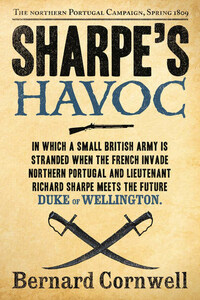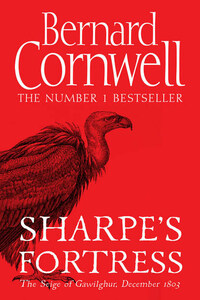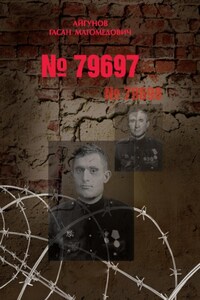The spelling of place names in ninth- and tenth-century Britain was an uncertain business, with no consistency and no agreement even about the name itself. Thus London was variously rendered as Lundonia, Lundenberg, Lundenne, Lundene, Lundenwic, Lundenceaster and Lundres. Doubtless some readers will prefer other versions of the names listed below, but I have usually employed whichever spelling is cited in either the Oxford Dictionary of English Place-Names or the Cambridge Dictionary of English Place-Names for the years nearest or contained within Alfredâs reign, AD 871â899, but even that solution is not foolproof. Hayling Island, in 956, was written as both Heilincigae and Hæglingaiggæ. Nor have I been consistent myself; I have preferred the modern form Northumbria to Norðhymbralond to avoid the suggestion that the boundaries of the ancient kingdom coincide with those of the modern county. So this list, like the spellings themselves, is capricious.
Bebbanburg â Bamburgh, Northumberland
Berewic â Berwick on Tweed, Northumberland
Brunanburh â Bromborough, Cheshire
Cair Ligualid â Carlisle, Cumbria
Ceaster â Chester, Cheshire
Cent â Kent
Contwaraburg â Canterbury, Kent
Dunholm â Durham, County Durham
Dyflin â Dublin, Eire
Eoferwic â York, Yorkshire (Saxon name)
Fagranforda â Fairford, Gloucestershire
Farnea Islands â Farne Islands, Northumberland
Gleawecestre â Gloucester, Gloucestershire
Heagostealdes â Hexham, Northumberland
Heahburh â Whitley Castle, Alston, Cumbria
(fictional name)
Hedene â River Eden, Cumbria
Huntandun â Huntingdon, Cambridgeshire
Hwite â Whitchurch, Shropshire
Irthinam â River Irthing
Jorvik â York, Yorkshire (Danish/Norse name)
Lindcolne â Lincoln, Lincolnshire
Lindisfarena â Lindisfarne (Holy Island), Northumberland
Lundene â London
Mædlak â River Medlock, Lancashire
Mærse â River Mersey
Mameceaster â Manchester
Monez â Anglesey, Wales
Ribbel â River Ribble, Lancashire
Ribelcastre â Ribchester, Lancashire
Snæland â Iceland
Spura â Birdoswald Roman fort, Cumbria (fictional name)
Sumorsæte â Somerset
Tamweorthin â Tamworth, Staffordshire
Temes â River Thames
Tine â River Tyne
Usa â River Ouse, Yorkshire
Wevere â River Weaver, Cheshire
Wiltunscir â Wiltshire
Wintanceaster â Winchester, Hampshire
Wirhealum â The Wirral, Cheshire














